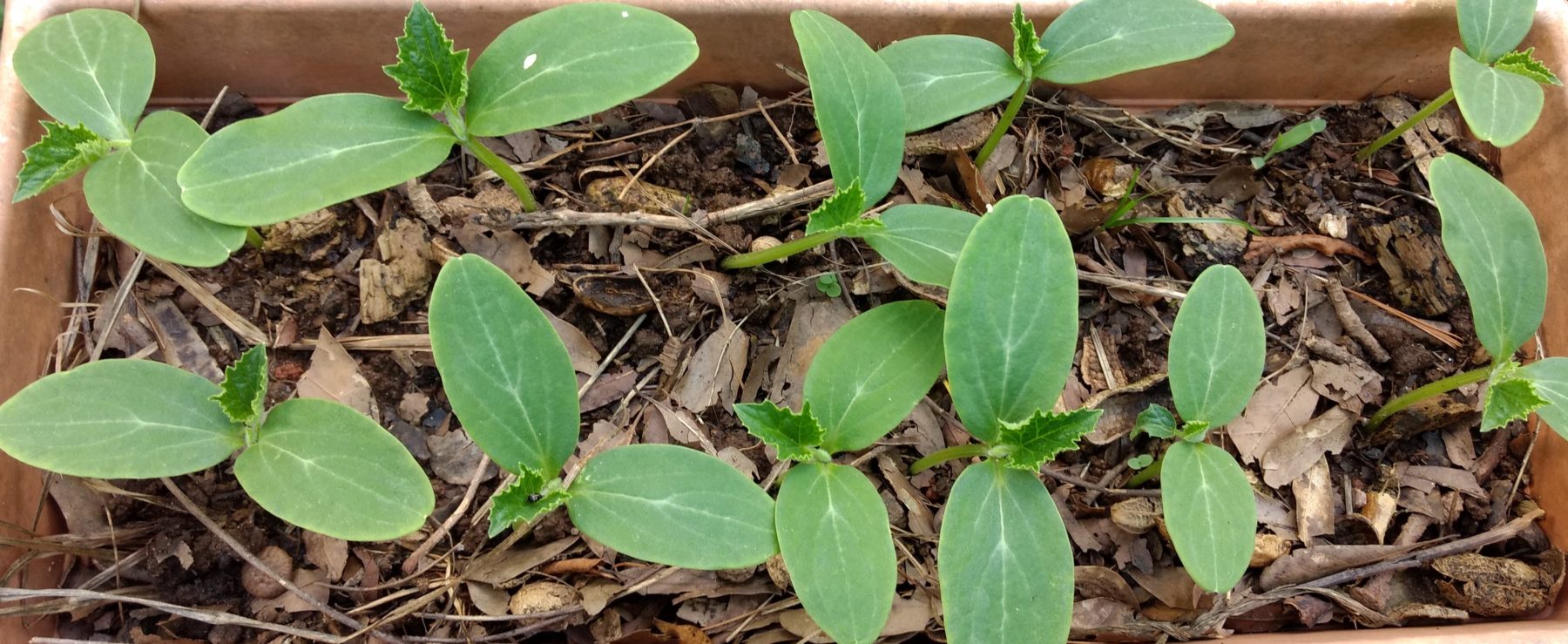Make Use of Trash in an Organic Garden
by Sabrina Dawkins
The city could pick up my trash once every three months, and the bin still wouldn’t be filled all the way to the top, and there would be no odor because nothing that could decompose would be in there, only plastics. Full compost cans result in relatively empty wheeled city trash cans.
Trash collection was supposed to make life easier and cleaner for us. We simply throw our perceived trash into the can and with little effort wheel it out to the side of the road once a week for someone else to pick up and take care of. Rarely do we think about where our trash goes. I see plastic food and drink containers littered on the side of the roads, and it’s apparent that the offenders didn’t care what became of their trash.
Too much convenience can make us irresponsible, always expecting someone else to provide our basic needs and make our lives easier while we focus on trivial things. During high temperatures and when the next rain was uncertain, I’ve seen people liberally watering their cars and their green lawns—no crops, no trees, just green lawn that serves no other purpose to them than to look pretty and prevent them from tracking mud into their house. There are people with many ornamental plants that they regularly water, but for whatever reason, they won’t grow and water crops that they can actually eat.
To beautify the neighborhood, unsightly trash is removed from the side of the street, even if it’s not trash. Overflowing cans spill their contents onto the ground as they wait impatiently to be emptied by strangers. No compost bins, no vegetable gardens, just people waiting to be served, waiting for their perceived problem to be conveniently removed.
Organic gardening has molded me into a true saver. Things that can decompose go into the compost bins. Water used when I wash my face in the morning is collected to put in my garden. And when I rinse off my vegetables, that water is collected as well and used to water plants during times of little rain.
As an organic gardener, I’ve learned that food scraps such as apple cores and celery bases are gold. I used to toss the celery bases into the compost bin, but I’ve had some luck getting some to regrow in my organic garden, so they either compost or regrow in the garden or in pots. Most trash is actually gold to the organic gardener, and the only real convenience is in self-sufficiency.
